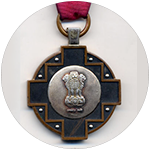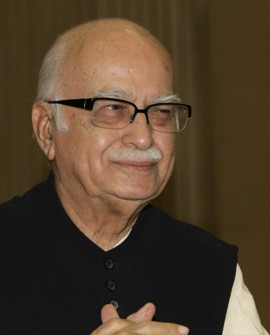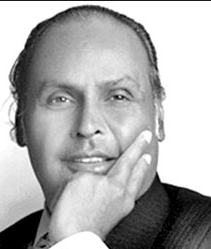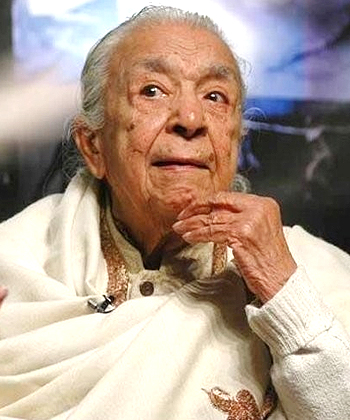Udupi Ramachandra Rao Padma Vibhushan Awarded In 2017

Udupi Ramachandra Rao
Award Name : Padma Vibhushan
Year of Award : 2017
Award for : Science and Engineering
Location : Udipi, Karnataka, India
Udupi Ramachandra Rao, popularly known as U. R. Rao is a space scientist and former chairman of the Indian Space Research Organisation. Presently he is the Chairman of the Governing Council of the Physical Research Laboratory at Ahmedabad and Nehru Planetarium at Bengaluru and chancellor of Indian Institute for Space Science and Technology (IIST) at Thiruvananthapuram. U. R. Rao was born at Adamaru, Udupi in Karnataka on 10 March 1932. His school education was completed at Adamaru and Udipi. He took BSc from Madras University in the year 1952 and MSc from Banaras Hindu University in 1954. He took PhD from Gujarat University in 1960. Later he worked as Faculty Member at MIT and Assistant Professor at University of Texas at Dallas and finally returned to India in 1966 as a professor at the Physical Research Laboratory, Ahmedabad. Rao started his career as a cosmic ray scientist, under the Dr Vikram Sarabhai. He was the first scientist to establish the continuous nature of the solar wind and its effect on geomagnetism using Mariner 2 observations. His studies gave significant contributions to solar cosmic ray phenomena and the electromagnetic state of the interplanetary space. He was given the responsibility of establishment of satellite technology in India in 1972. From the first Indian satellite "Aryabhata" in 1975 to 18 satellites later, Rao has provided suitable guidance. Bhaskara, APPLE, Rohini, INSAT-1, INSAT-2, and IRS-1A and IRS-1B remote sensing satellites are among those.
He took the position of chairman of ISRO in the year 1985. He accelerated the development of rocket technology and ASLV rocket was successfully launched in 1992. Operational PSLV launch vehicle, development of the geostationary launch vehicle GSLV and the development of cryogenic technology in 1991 are other major contributions. Rao was awarded the Padma Bhushan by the Government of India in 1976. He was awarded Padma Vibhushan in 2017. He was inducted into the Satellite Hall of Fame, Washington on March 19, 2013 at a ceremony organised by the Society of Satellite Professionals International. With this he became the first Indian to be inducted. He is also to be inducted in International Astronautics Federation (IAF) as on 15th May 2016. He is also the first Indian again to achieve such a feat.








